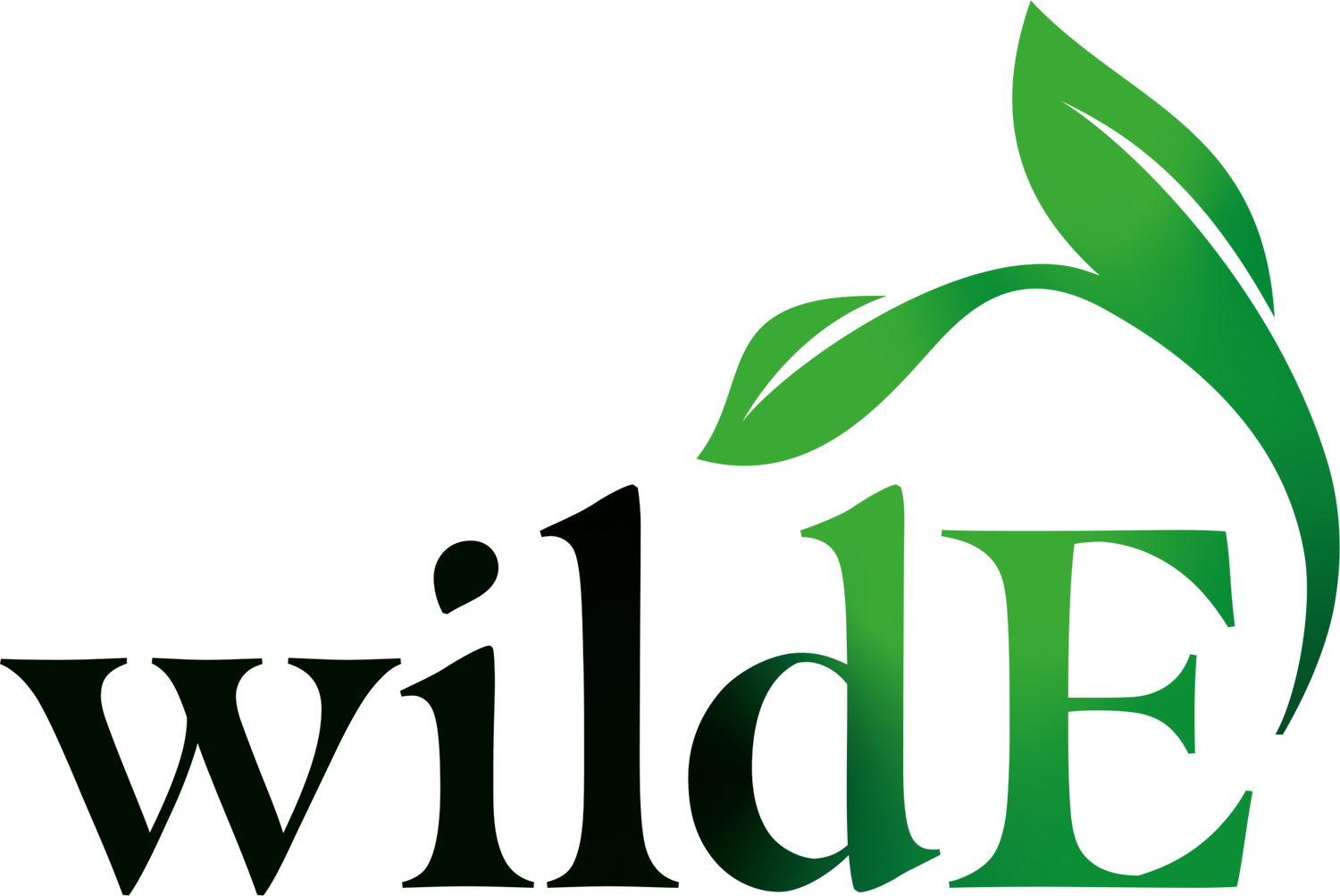Kicking off stakeholder engagement in the Ruhr Metropolitan region
In the Westliches Ruhrgebiet wildE case study team we understand that ‘urban rewilding’ in the Ruhr Metropolitan area will only succeed if we listen to local stakeholders and understand the challenges and perspectives they have related to rewilding.
Our first step was to host a workshop in January 2024, which brought together around 20 experts from disciplines including spatial planning and environmental education.
The wildE project team
Rewilding in the Ruhr: perspectives and challenges
In this session, the Biologische Station Westliches Ruhrgebiet presented five examples of urban rewilding areas: Landschaftspark DU-Nord, Zollverein, Peisberg, Gleispark Frintrop and Rheinelbe. There were also some presentations about regional and local projects and perspectives in a broader context of rewilding. This gave a taste of the breadth of rewilding initiatives and sparked a discussion around what ‘urban rewilding’ means to people.
While there was enthusiasm for rewilding in the room, case study partners were also keen to understand how the general population feels. For example, do local people enjoy ‘messy’ parks with long grass that might be a hiding place for ticks, but which actively support biodiversity and ‘wildness’? Or are mown lawns and well-maintained paths preferred?
One of the projects presented at the workshop was Industriewaldprojekt, in which interdisciplinary succession research has been carried out on former industrial areas for several decades. The project also works to maintain cultural heritage by leaving remnants of industrial heritage in forests, collaborating with artists to merge past and present. In the future it could be very interesting to explore this idea of ‘industrial nature’ with local communities.
It was clear from the discussion that rewilding captures the imagination. There are lots of interpretations of rewilding, especially when it comes to urban spaces which are not traditionally associated with wilderness or wild nature.
Visions of success and failure
All the ideas from the first session fed into a visioning activity. Half of the group thought about what their ideal vision of rewilding would look like in the Ruhr region, while the other half considered how this vision might be sabotaged and fail. A lively discussion followed.
In an ideal scenario there would be:
An increase in biodiversity
Sufficient funding
Scope for an ‘edible city’
Multifunctionality
A community meeting point
High flexibility and adaptability
Climate resilience and ecosystem services
In a sabotaged scenario there would be:
Increased pressure on the area
Unsuitable management/planning
Private ownership of the land making it inaccessible
Social shift in views against wildness/wilderness
Weakened nature conservation goals
Health concerns over an increase in ticks and allergies
The wildE project team
What we learnt
The workshop was a great opportunity to hear a range of views, perspectives and visions from different stakeholders. Five key things we took away were:
There is support for rewilding in the Ruhrgebiet region among stakeholders
There is a need to consider the feasibility of rewilding in more areas
Significant barriers include a lack of open spaces, planning system pressures and conflicting interests around potential sites
Public relations and environmental education are considered important in bringing local communities on board
There should be clear outputs for stakeholders and cities involved in rewilding projects
Lots of factors will determine whether rewilding can be successful in the Ruhrgebiet region. Crucially, rewilding projects should consider what different groups of people think and feel about rewilding and wildness, as well as how to best manage and facilitate to meet a range of needs.
All of our case study partners look forward to further exploring perspectives around rewilding, particularly among local communities across the region. The conclusions from this workshop will help feed into wildE’s next stages of research in the Ruhrgebiet case study region.
Make sure you’re following wildE on social media and subscribed to our newsletter to learn about future activities in the Ruhrgebiet and our seven other case study areas.


